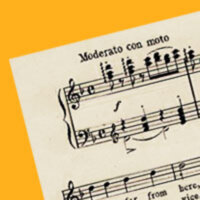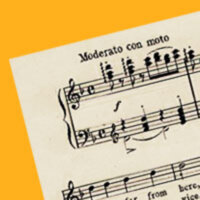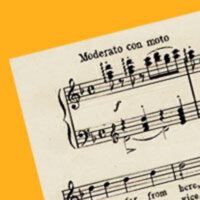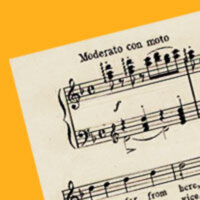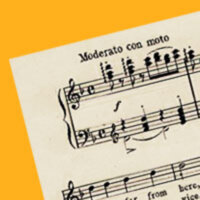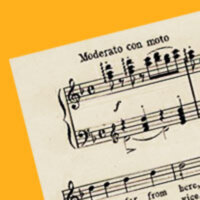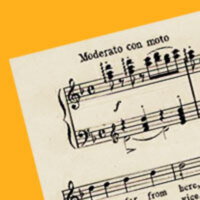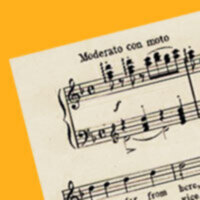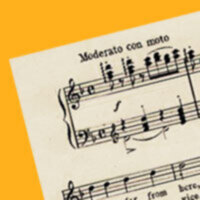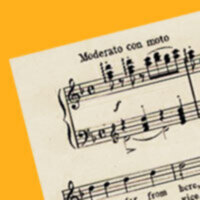Browse Items (43 total)
Sort by:
Strange Fruit
“Strange Fruit” describes the picturesque agricultural landscape of the South and contrasts this beauty and bounty with the horrific violence - lynchings in particular - that occurred in that setting.
Tags: lynching, racism, U.S. South
Dixie
Officially written by a Northerner, this song was rewritten by Southerners and Northerners to support varied agendas. “Dixie” is symbolic of the Lost Cause of the Old South and Southern resistance to the Civil Rights Movement.
Somos más americanos
This song may be used to introduce students to an eloquent historic-cultural argument criticizing anti-immigrant sentiments in the United States.
La gran marcha
This song may be used to discuss the treatment of indigenous peoples, their history of resistance, and the relationship between the academy and Indian communities.
Sensemayá
This song may be used in conjunction with the eponymous poem by Nicolás Guillén to show the ways that indigenous people and people of African descent became visible in "high" cultural representations throughout Latin America.
Nkosi Sikelel' iAfrika
Translated as "Lord Bless Africa," "Nkosi Sikelel' iAfrika" served as South Africa's anthem alongside the apartheid-era "Die Stem van Suid-Afrika" during the years 1994-1997, to the anger of many. In 1996, excerpts from both songs were utilized to…
Bring Him Back Home (Nelson Mandela)
Hugh Masekela, considered the father of South African Jazz, wrote this anthem-like song in 1986 with Nelson Mandela in mind. The lyrics, though few, call for the immediate release of Mandela (who was a big fan of Masekela) and for him to return home…
Tags: Apartheid, genre: jazz, South Africa
El pueblo unido jamás será vencido
This song could be used to introduce students to the 1973 Chilean coup d'état, the removal of a socialist president, Salvador Allende, and the installment of a U.S. backed military junta government led by General Augusto Pinochet. The name of the…
